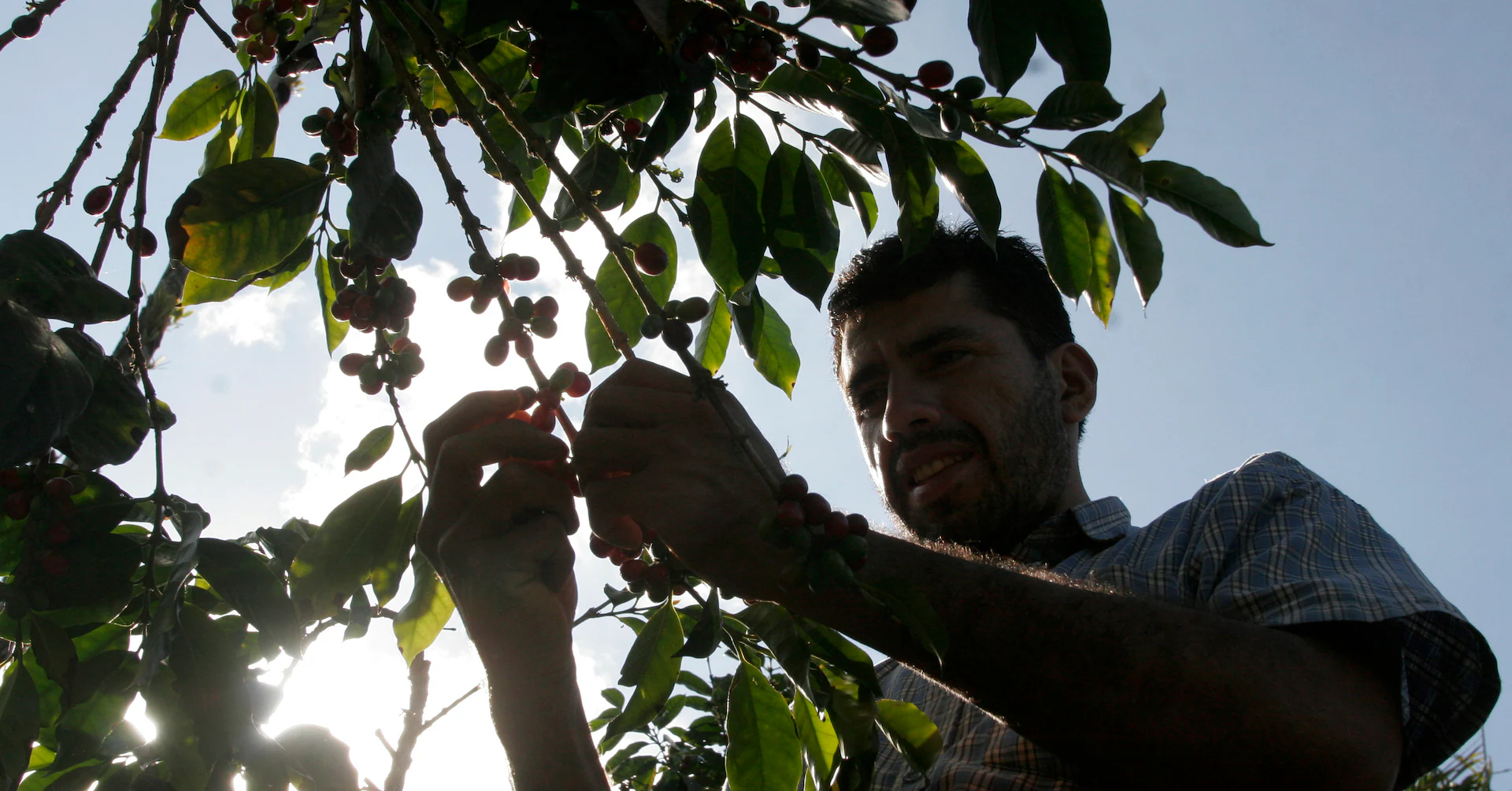Copyright Reuters

November 3 - The climate and nature crises are accelerating before our eyes. From flooding in India, to wildfires in Ecuador, environmental disasters are no longer distant warnings; they are today’s reality. And yet, the global response remains fragmented and chronically underfunded We need to support the world’s most vulnerable communities and take stock, not only of the levels of public and private funding required to address the escalating, interconnected crises and, but of how climate and nature finance is managed and utilised. It isn’t enough to simply invest in building resilience and biodiversity, we must also support and enable communities to lead conservation and adaptation efforts. That starts by recognising the extent to which communities understand their local ecosystems, and the solutions to the threats they face are fundamental. In the Amazon Andes, Indigenous communities protect more than 11 million hectares of biodiverse forest, which we all rely on. In the face of unprecedented weather events, and illegal logging and mining, they urgently require significant support to help them continue to sustainably manage these forests. The UK-funded Biodiverse Landscapes Fund (BLF) is one example. In Peru and Ecuador, the BLF channels funding through a consortium of Indigenous organisations such as AIDESEP (Interethnic Association for the Development of the Peruvian Rainforest), alongside partners including Practical Action, WWF and Nature and Culture International. Together, they are equipping communities with legal and advocacy skills, drones to monitor and protect their lands, and technical support to counter illegal logging and mining. Training and exchange programmes are also helping Indigenous leaders navigate climate finance systems across Peru, Ecuador and Bolivia. In its first year, the project has trained over 80 young Indigenous leaders, nearly half of them women, in climate governance and diplomacy, equipped community surveillance systems to protect ancestral lands, and supported more than 2,100 smallholder farmers to access carbon payments through Rabobank’s ACORN platform, where 80% of the sales price flows back to the farmers. It has also developed Peru’s first deforestation-free coffee certification system, provided technical assistance to more than 1,600 farming families adopting agroforestry practices, and launched restoration efforts that include seven forest nurseries producing 200,000 trees annually. These actions are strengthening biodiversity, climate resilience and sustainable livelihoods while ensuring Indigenous voices remain central to shaping the region’s environmental future. The BLF sits alongside other global biodiversity initiatives, such as the proposed Tropical Forests Forever Facility, which will pay countries that maintain or reduce deforestation rates. But unlike many top-down programmes, the BLF provides direct funding to communities in biodiversity-rich areas, protecting ecosystems while improving local livelihoods. There is no shortage of proof that such locally led efforts deliver social, environmental and economic benefits. Coffee cooperatives in Peru, for example, are building circular economies by turning waste into organic fertiliser tailored to local soils. By gaining carbon credits from their agroforestry systems, they are also increasing income and reducing pressure to clear more forest. These initiatives show what works. Yet policymakers must do more to recognise and scale them, especially at a time when international cooperation is faltering. At present, climate finance is largely out of reach for the communities it is meant to serve. For example, researchers at the International Institute for Environment and Development found that less than 10% of climate finance committed from international climate funds was prioritised for local-level activities. Out of the $17.4 billion in total, they estimated that less than 10%, $1.5 billion, was approved for locally focused climate change projects between 2003 and 2016. Bureaucratic hurdles, such as complex application processes and reporting requirements, force grassroots leaders to navigate systems designed for large organisations. Legal recognition is another major barrier: many Indigenous groups lack formal land titles, making them ineligible for key international funding streams, and leaving their conservation work unsupported. Exclusion from planning means that community priorities, such as the protection of sacred sites, traditional farming methods or water management strategies, are often sidelined in favour of generic, top-down measures that fail to address local needs. These systemic obstacles collectively undermine the ability of frontline communities to access resources, implement sustainable solutions and safeguard their environments for future generations. The solution is clear: we need a new approach that puts communities at the centre. That means: • Ensuing that Indigenous communities are involved in every stage of project design and implementation. • Making adaptation funding accessible to frontline communities. • Strengthening land rights and market access to communities so they can forge sustainable livelihoods. The climate and nature crises are not only environmental emergencies; they are human ones, too. True progress depends on recognising that people and planet are inseparable, and on backing solutions that restore ecosystems while strengthening communities and focusing on people. Donors, government and businesses must act now: redirect resources, cut red tape, and partner directly with the communities already driving innovation on the ground. Anything less is too little, too late. Opinions expressed are those of the author. They do not reflect the views of Reuters News, which, under the Trust Principles, is committed to integrity, independence, and freedom from bias. Ethical Corporation Magazine, a part of Reuters Professional, is owned by Thomson Reuters and operates independently of Reuters News. Sarah Roberts is CEO of Practical Action, a UK-based charity harnessing six decades of practical problem-solving to work alongside communities living on the frontlines of poverty and climate change. Prior to joining Practical Action in 2020, Sarah spent 12 years as Executive Director of the Ethical Tea Partnership. Much of Sarah’s work has focused on agricultural value chains and driving change at a sector and systems level. She holds an MBA and an MSc in Environmental Technology.



